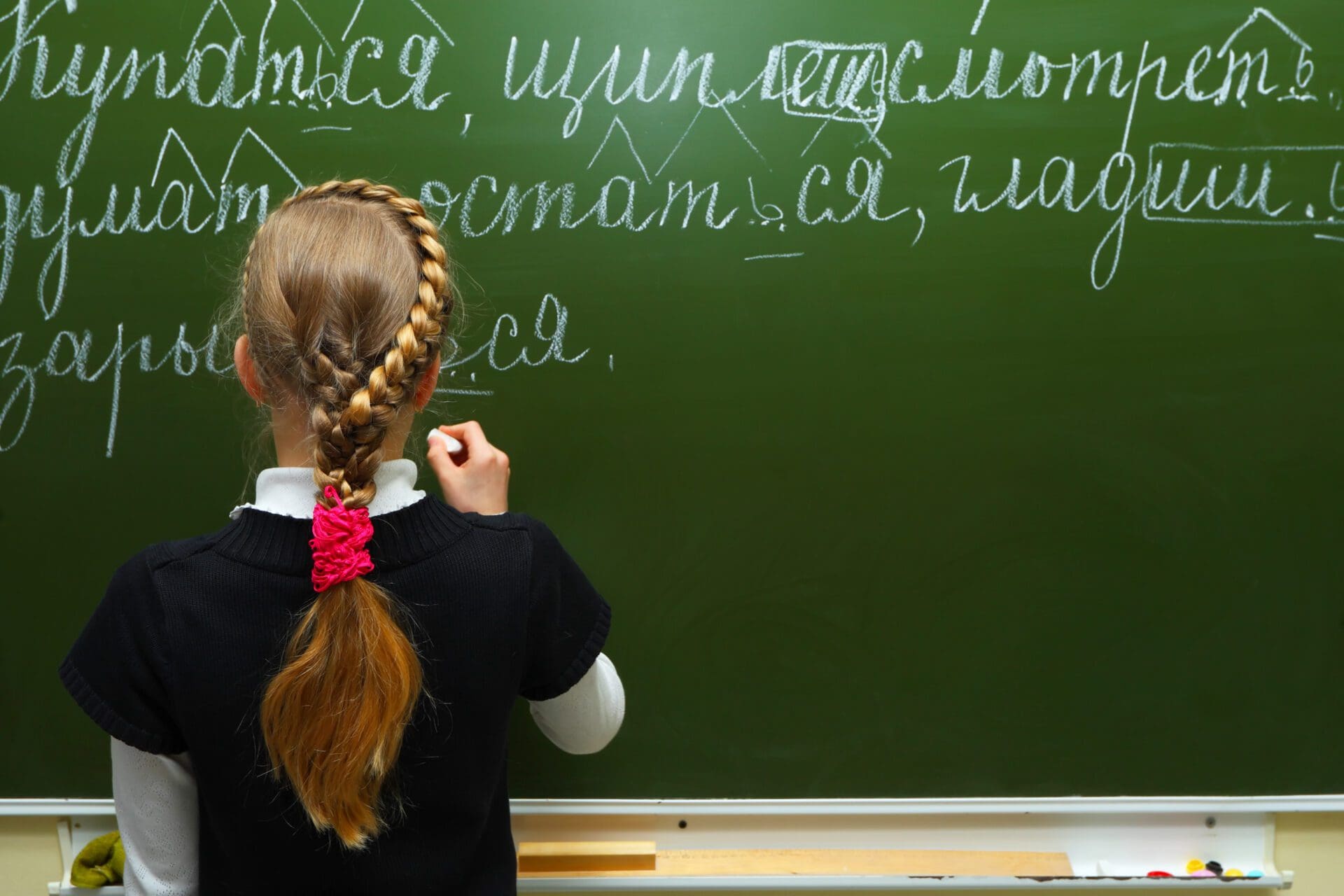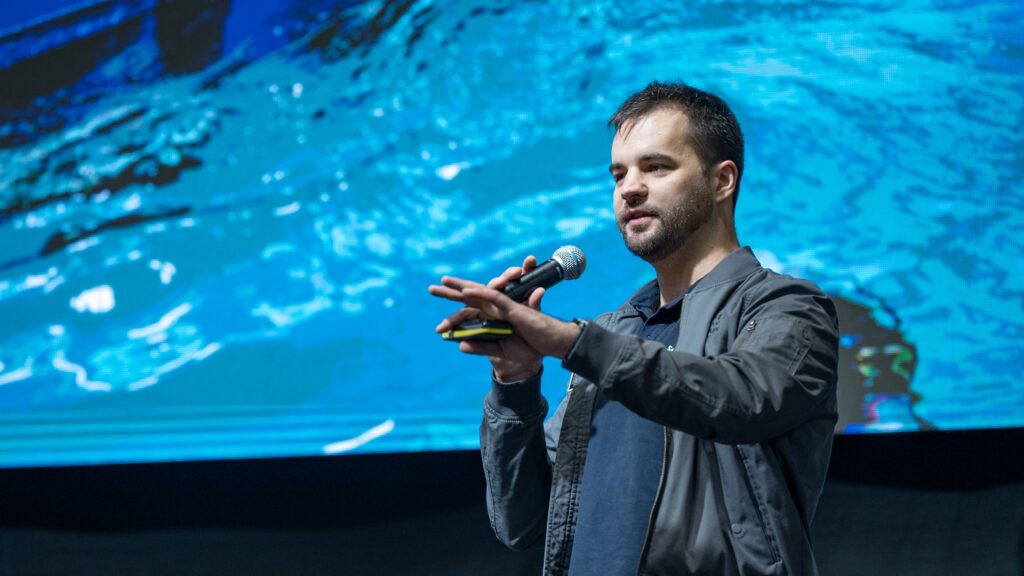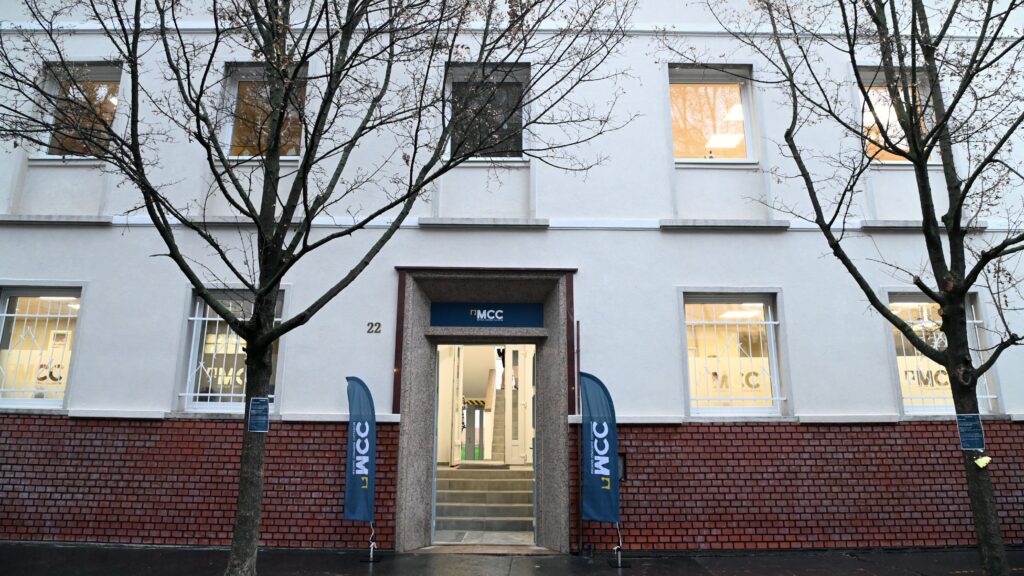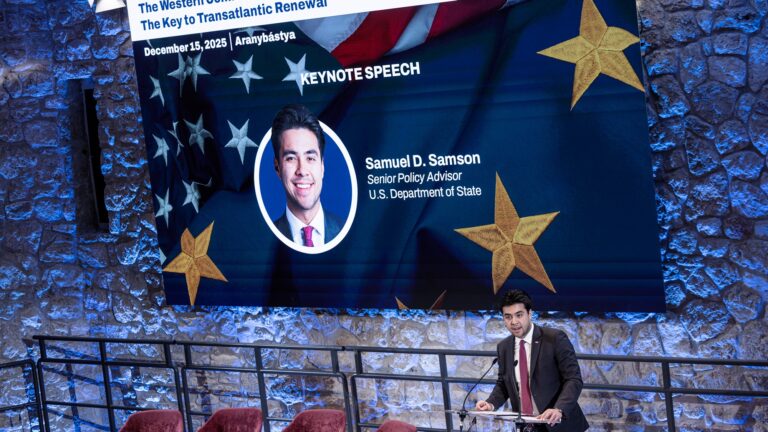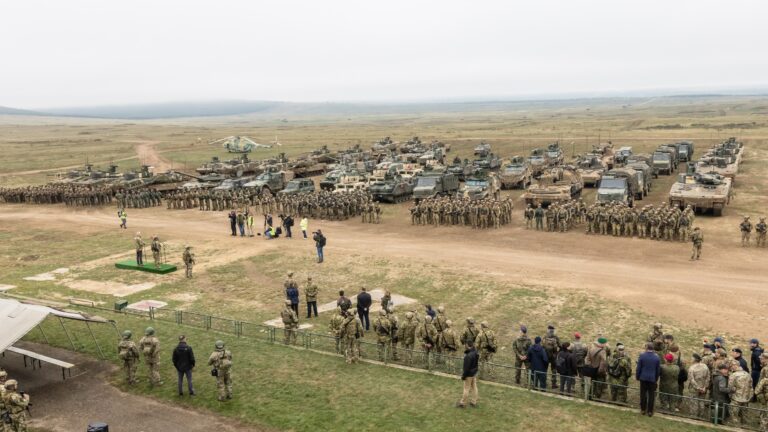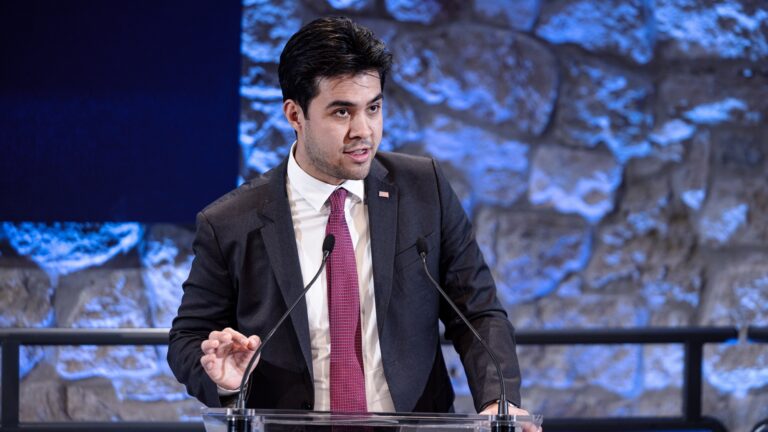Welcoming the start of the school year, Russia has introduced new compulsory ’patriotic rituals’ that all school children are required to perform in schools. As a kick off of the new curriculum, the 2022/23 academic year started with the raising of the Russian flag, instead of with the usual bell ring. From now on, the flag raising ceremony is mandated at the beginning of each week in Russian schools. This ritual is just one of many new patriotic events Russian students are now required to attend. The new patriotic approach to education has brought about a change in the curriculum as well. As an extracurricular activity, a programme called ‘Talks About What’s Important’ has been introduced, to teach children about the love of the motherland.
As part of the ‘Talks’ children will learn about Russian values, traditions, the greatness of the Federation, as well as about the ongoing ‘special military operation’ in Ukraine. As noted above, officially, these lectures are extracurricular activities; therefore, on paper, it is not compulsory to attend them. But attempts by some parents to have their children exempted from the ‘voluntary’ classes apparently meet strong opposition from school leadership. For small children (between first and fifth grade) these talks are mostly dedicated to Russian geography and the beauty of Russian nature. From the fifth grade upwards, however, they focus on geopolitics, beginning as soon as the second lesson in the syllabus, covering topics such as the ‘special military operation’ in Ukraine and the ‘NATO threat’. The first of the ‘Talks’ was held by Putin himself in a school in Kaliningrad. The carefully selected, high-performing children who could hear the Russian President speak about the war and about Russian history had been quarantined for two weeks before being allowed to meet with Putin.
The ‘Talks’ open a new chapter in politically motivated discussions in schools, being centrally organised and obligatory
Even before the introduction of this new subject, war-related propaganda was present in Russian schools. However, those events were ad hoc and were not compulsory. In some schools, teachers explained to students why the ‘special military operation’ is happening, while on other occasions (from March on) children were asked to write letters to soldiers on the fronts. (Expressing disagreement with such propaganda was not a good idea. When a Russian mother did not allow her daughter to write a letter, she was allegedly forced to leave the country—now she is living in Germany with her family.) The ‘Talks’, however, open a new chapter in politically motivated discussions in schools, being centrally organised and obligatory. The official teachers’ handbook, which provides a framework and recommended topics for the ‘Talks’ describes the ‘special military operation’ in the following way: ‘we see manifestations of genuine patriotism even today, primarily during the special military operation… The goals of the special military operation include protecting the population of Donbass, who are subject to bullying and oppression by the regime in Kiev, the disarming of Ukraine, and preventing NATO military bases from being established on its territory‘.
The timing of the introduction of the ‘Talks’ is not accidental. There is a need to strengthen Russian patriotism in light of the conflict in Ukraine. Some may be surprised, however, by the fact that the target population is school children. Some argue that the reason why the Russian administration is specifically targeting school children with their propaganda is because young people do not watch the main channel of Russian government indoctrination—that is, public television. The Russian propaganda machine mostly relies on state-run television, but young people prefer browsing the internet to watching telly. With the ‘Talks,’ the type of messages the Russian government wants to hammer home will now be delivered directly to pupils, whether they like it or not.

